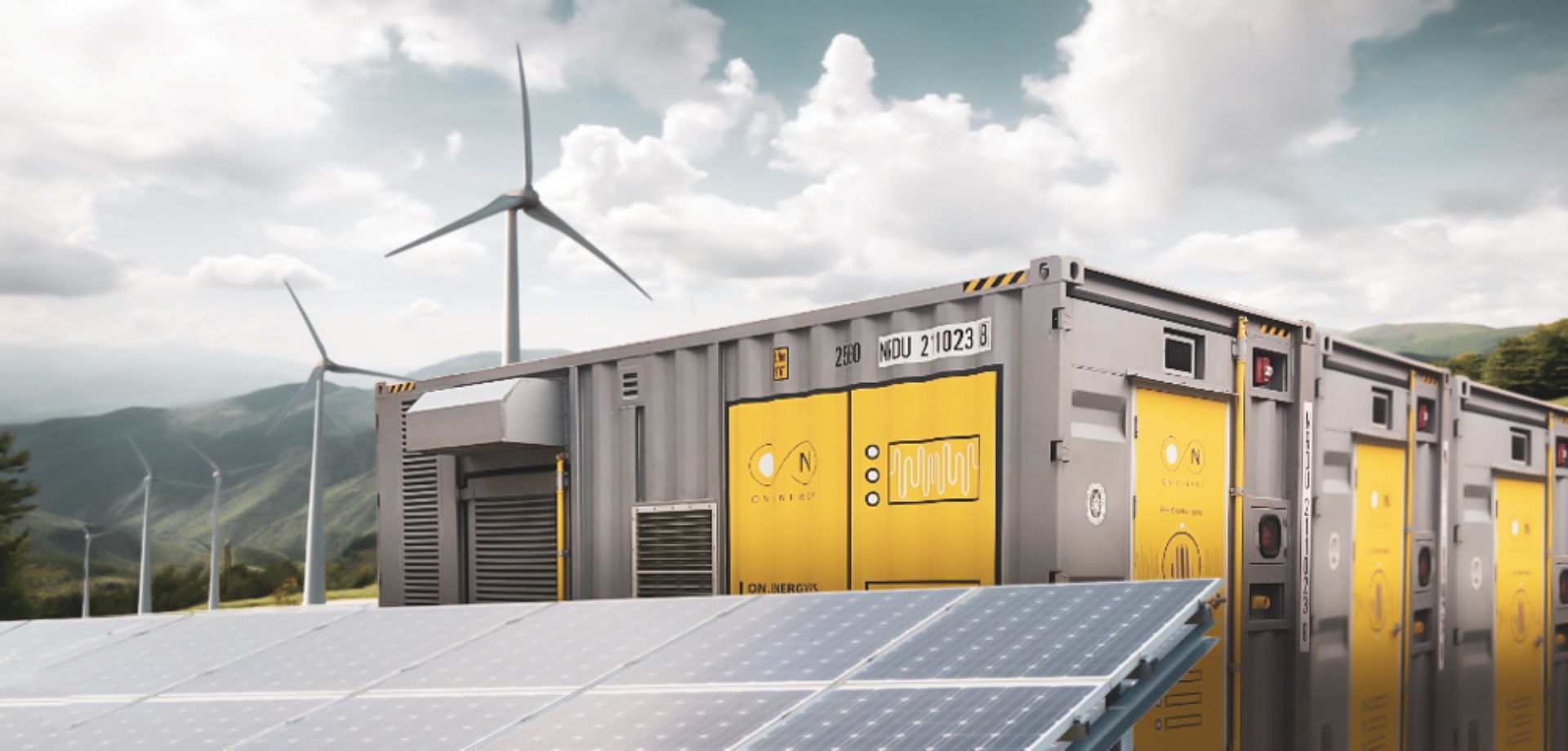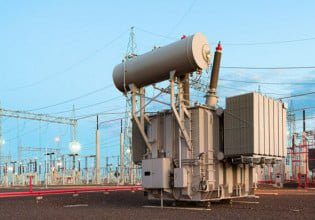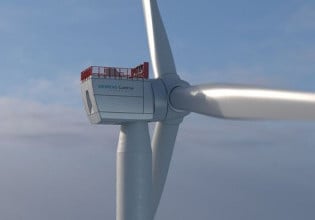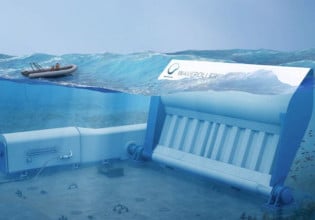On.Energy Battery Energy Storage Systems Land at Latin American Airports
On.Energy announced its plans to deliver 39 megawatt-hours of battery energy storage systems to airports in Latin America, reducing emissions by 46,000 kilograms yearly.
Energy storage solutions provider On.Energy recently announced a collaboration with Skysense to bring its battery energy storage system (BESS) technology to 11 additional airports in Latin America. The BESS installations will add 39 megawatt-hours (MWh) of on-site battery storage to these airports. Five other BESSs are already up and running or in the last stages of commissioning.
On.Energy Battery Energy Storage Systems. Image used courtesy of On.Energy
Aviation’s Contribution to Carbon Dioxide Emissions
According to the Air Transport Action Group (ATAG), the global aviation industry produces about 2.1 percent of anthropogenic carbon dioxide (CO2) emissions. In the transport sector, aviation is responsible for 12 percent of CO2 emissions, while road transport contributes to 74 percent of emissions.
If countries worldwide wish to achieve their net zero goals and create a more sustainable future, the aviation industry must change its infrastructure to accommodate energy-saving, green technologies. Plane manufacturers, airlines, and airports must all play a part.
Integrating the consumption of green energy into airport operations can be one way of reducing emissions in the aviation industry. Image used courtesy of Swedavia
One airport operator, Swedavia, has set the stage as a green pioneer with operations running completely free of fossil fuels.
Airports globally are mobilizing toward a greener future with Airport Carbon Accreditation (ACA). In Latin America and the Caribbean, as many as eight airports reduced CO2 emissions and encouraged others to lower theirs, 18 actively lowered their emissions, 28 mapped their carbon footprints, and three became accredited as carbon-neutral.
More Airports Coming on Board with BESS
In recent years, airports have increasingly invested in BESS technology to save energy and improve energy reliability.
BESS is a type of battery system that stores electricity generated by renewable sources such as solar panels or wind turbines.
Airports are installing BESSs to store excess electricity generated during off-peak times so they can use it during peak hours when the electricity demand is high.
This helps airports save money on utility bills and reduces their carbon footprint by lessening their dependence on fossil fuels.
On.Energy Keeps Adding Battery Storage Projects
On.Energy is focusing on providing its BESS technology to customers in the industrial, utility, and corporate sectors of Latin and North America. Plastic, retail, hotel, power generation, and airport industries are included in On.Energy’s BESS expansion plans. The company’s system uses its proprietary On.Command Enterprise Management Software (EMS) and control software. This leverages artificial intelligence (AI) to help airports keep costs down and strengthen operational resiliency.
On.Energy has completed and is continuing to undertake battery storage projects that bring around 3.8 gigawatt-hour (GWh) of energy to South and North America. Other projects currently in construction or in operation add a further 100 MWh of energy.
The company is raising the bar in BESS development and provision with project work involving world-renowned commercial and industrial (C&I) brands, including Glencore, Walmart, Solar Axiom, Hyatt Hotels, and more.








